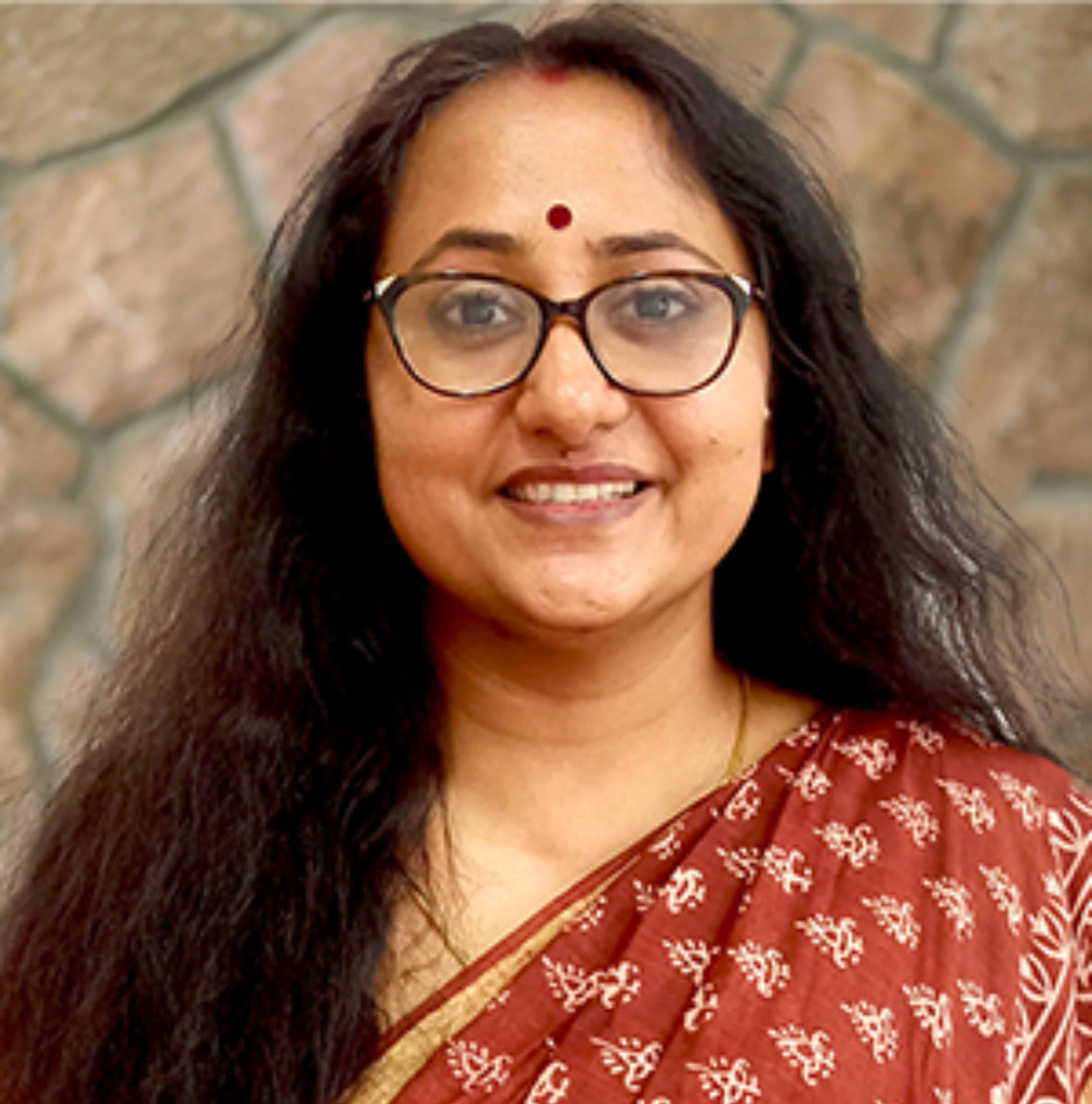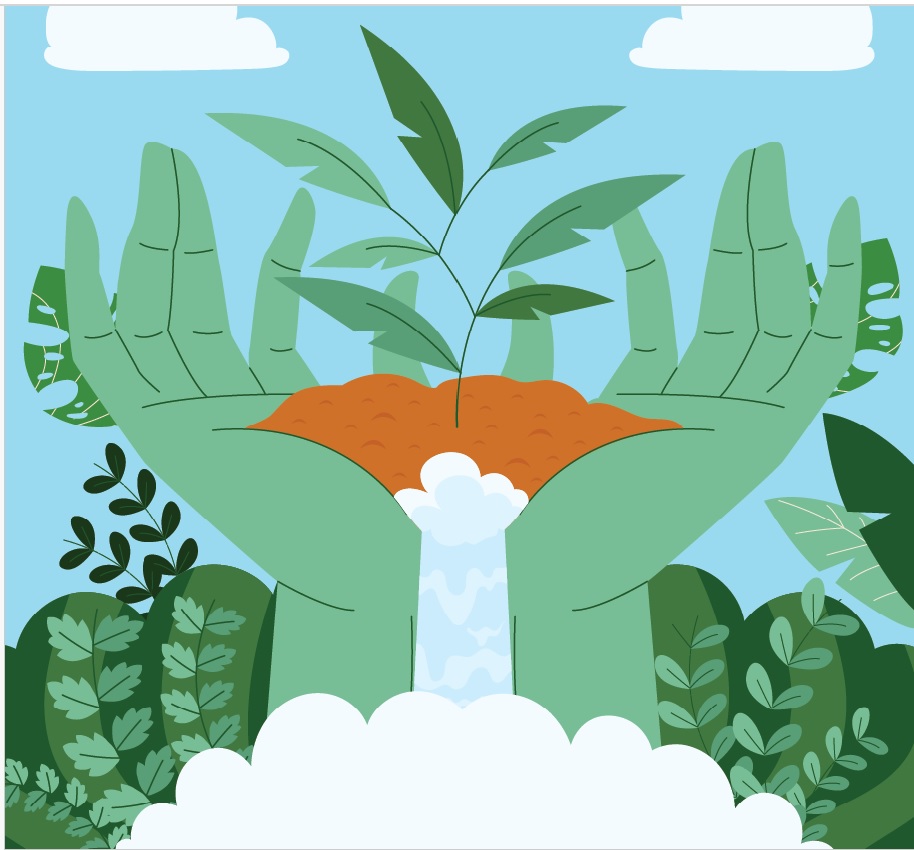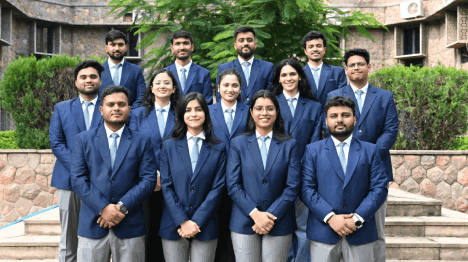- About Us
- Academics
Schools
Programs
General Information
- Faculty
The faculty members and researchers working at IIHMR University come from varied backgrounds including, but not limited to medicine, public health, management, economics, statistics, demography, human geography, social and behavioral sciences, rural development and pharmaceuticals.
- Admissions
- Research
.Publications & Journal
- Executive Education
Executive Programmes
- Online Certification Courses
ONLINE CERTIFICATION Courses
- Training
- Placements
- Fee Payment
- NAAC
- IQAC
- NIRF
- Webinars
- About Us
- About IIHMR University
- Board of Management
- Academic Council
- Board of Studies
- Research Board
- Institutional Review Board
- Finance & Audit Committee
- Departmental Research Committee
- Chairperson's Message
- President's Message
- IIHMR University Act
- Infrastructure
- Collaboration
- Ranking
- Board of Studies (School of Digital Health)
- Awards & Accolades
- Academics
- Institute of Health Management Research
- School of Pharmaceutical Management
- School of Development Studies
- SD Gupta School of Public Health
- School of Digital Health
- MBA (Hospital and Health Management)
- MBA (Pharmaceutical Management)
- MBA (Development Management)
- MBA (Healthcare Analytics)
- Master of Public Health
- Student Manual – Cohort 9 (2021-2023)
- Master of Public Health (Implementation Science)
- Ph. D.
- Executive MBA (CSR & ESG Management)
- Executive PGDM
- Common Information for all the Programs
- Academic Calendar
- Student Handbook 2020-21
- Committees
- Policies
- Annual Exam Calendar
- Library
- Faculty
- Admissions
- Research
- Executive Education
- Training
- Placements
- Alumni
- Events
- Career at IIHMR
- Contact
- Research
Empowering Gender Equality and Sustainable Development Goals
Empowering Gender Equality and Sustainable Development Goals
November 20-22, 2024
Program Coordinator: Dr. Varsha Tanu
Background
Gender equality and inclusiveness are a cross-cutting theme across the Sustainable Development Goals. Gender equality is not only a fundamental human right but a necessary foundation for a peaceful, prosperous, and sustainable world because women and girls represent half of the world’s population and, therefore, also account for half of its potential. However, gender inequality persists everywhere and stagnates global social progress. There has been progress over the last decades, but the world is not completely on track to achieve gender equality by 2030. Women generally have less control over resources and reduced decision-making capacities due to fewer educational exposure and economic opportunities. Development initiatives have different experiences, which may affect male and female beneficiaries in vastly different manners because of prevalent inequalities.
On average, women in the labour market still earn 23 per cent less than men globally, and women spend about three times as many hours in unpaid domestic and care work as men. Sexual violence, discrimination, and exploitation all remain huge barriers. Worldwide, nearly half of married women lack decision-making power over their sexual and reproductive health and rights. Nearly 35 per cent of women between 15-49 years of age have experienced physical and/ or sexual intimate partner violence or non-partner sexual violence. This type of violence doesn’t just harm individual women and girls; it also undermines their overall quality of life and hinders their capacities for active involvement in society. There is enough evidence that gender inequalities do affect the ability to achieve broad-based economic growth and strong communities. Therefore, gender analysis serves as a tool to assess and integrate gender dynamics into development performances.
With this background, IIHMR University, Jaipur, has developed a Management Development Programme on Empowering Gender Equality and Sustainable Development Goals for key stakeholders.
Objectives of The Program
The programme has been designed to explore gender’s role in contemporary community development with the objective to help the participants understand important techniques to:
- Explore the challenges to achieving gender inclusiveness throughout the world.
- Examine the concepts of gender and what brings gender as an integral part of sustainable development goals.
- Evaluate the concept of sustainable development goals - what does it mean, what is its history, and where have we arrived?
- Investigate ways in which gender inclusivity in SDGs can contribute to positive change.
- Assess the circumstances which work as barriers and enablers in terms of women's participation.
- Explore the modes of gender-inclusive localization of SDGs at micro levels for scaling up.
- Foster collaborations and building networks with peers and experts in gender and sustainable development.
Contents
The programme has been designed to explore gender’s role in contemporary community development with the objective to help the participants understand important techniques to:
- Introduction to the Concepts of Gender Equality
- Preparation of action plans and development of strategies
- Sustainable Development Goals (SDGs)
- Localization of Gender Responsive Initiatives
- Gender Analysis
- Implementation and Advocacy
- Gender-Responsive Policies
- Planning and Designing Gender-Sensitive Projects
Pedagogy
The programme will be delivered using a mix of training pedagogy, including lectures, discussions, exercises, case studies, and experience sharing.
Who Should Attend?
This MDP is designed for development professionals working with government and non-governmental organizations This includes:
- Development Professionals
- Policy Advocates
- Professionals working with Development Partners
- Researchers and Academics
- Professionals working with Non-Governmental Organizations (NGOs)
- Professionals working with Governmental Agencies
Program Coordinator

Dr. Varsha Tanu,
PhD
Associate Professor
Institute of Health Management Research
IIHMR University, Jaipur, India
The programme will be offered by a team of national and international subject experts.
Programme Fee
The programme fee for Indian participants is Rs. 24,750 plus GST (18% as applicable), and for international participants, it is USD 462 plus GST (18% as applicable). The programme fee covers tuition, background reading material, lodging, and boarding.
Discounts
Early Bird Discount: Nominations received with payments before four weeks will be entitled to a 10% early bird discount
Group Discount: Any organization sponsoring four or more participants to the programme will be entitled to a 20% discount on the total fee payable, provided that at least four participants attend the programme.
Maximum Discount: Organizations can avail themselves of both the discounts subject to a maximum discount of 20%
Duration & Venue
The programme will start on Wednesday, November 20, 2024, and conclude on Friday, November 22, 2024. It will be held at IIHMR University, 1 Prabhu Dayal Marg, Sanganer Airport, Jaipur - 302 029. The University campus provides a learning environment for the participants, who are welcome to use the library and recreational facilities.
Certification
A certificate of participation on completion of the programme will be issued by IIHMR University, Jaipur.
Nominations/Registration
Please send your nominations/registrations to the following address:
Programme Officer (Training)
The IIHMR University
1, Prabhu Dayal Marg, Sanganer Airport
Jaipur – 302029, Rajasthan
Phone Number: 0141-3924700 Mobile : +91 9358790012
Email: training@iihmr.edu.in




